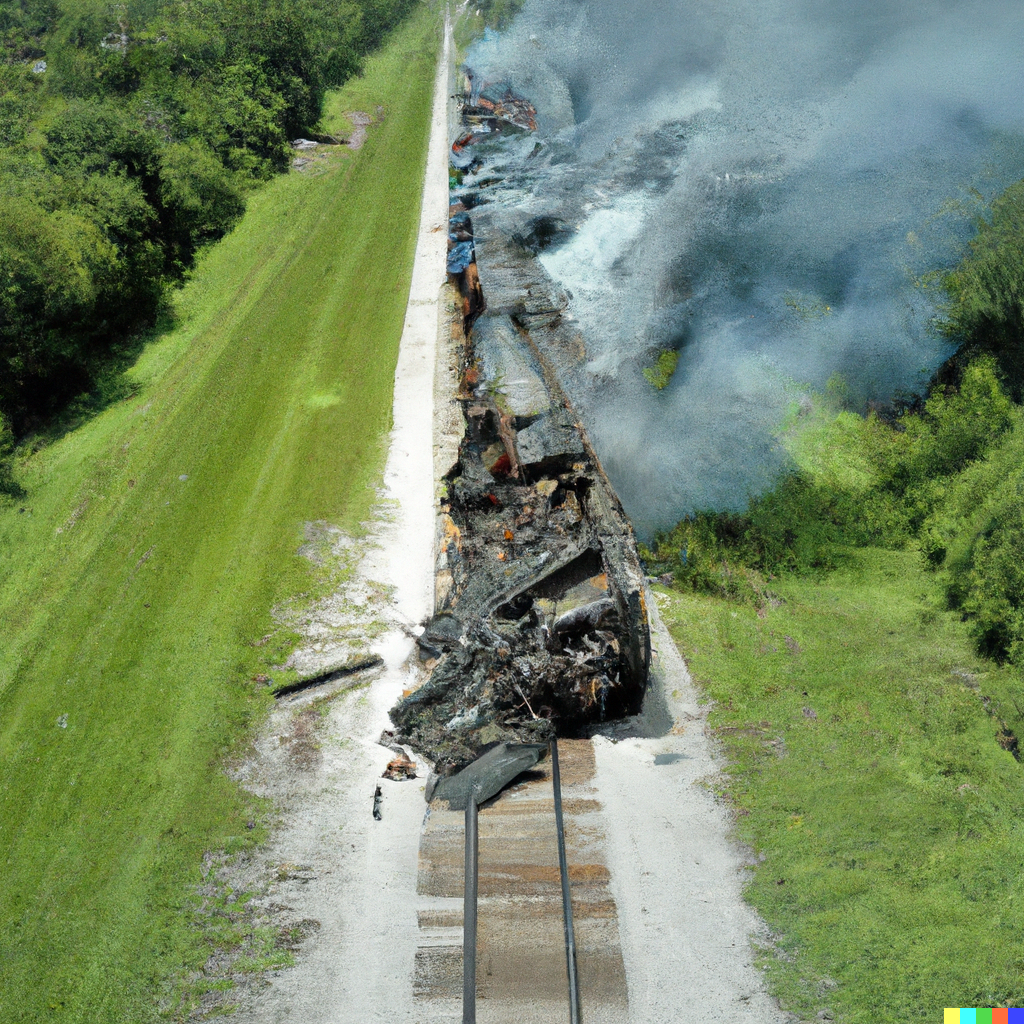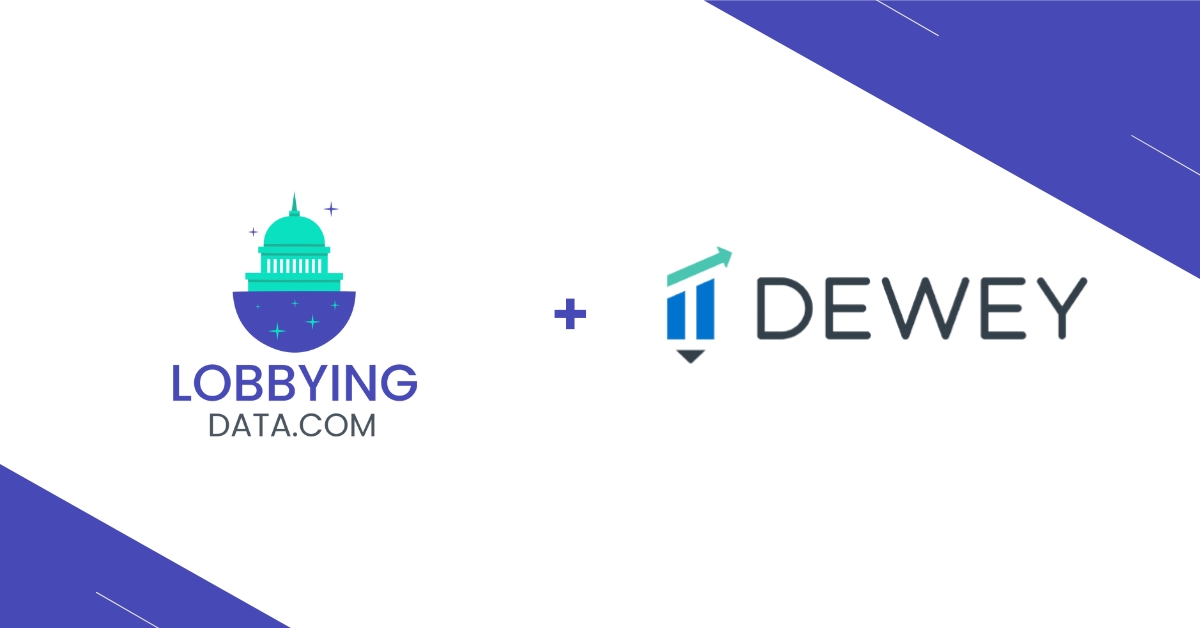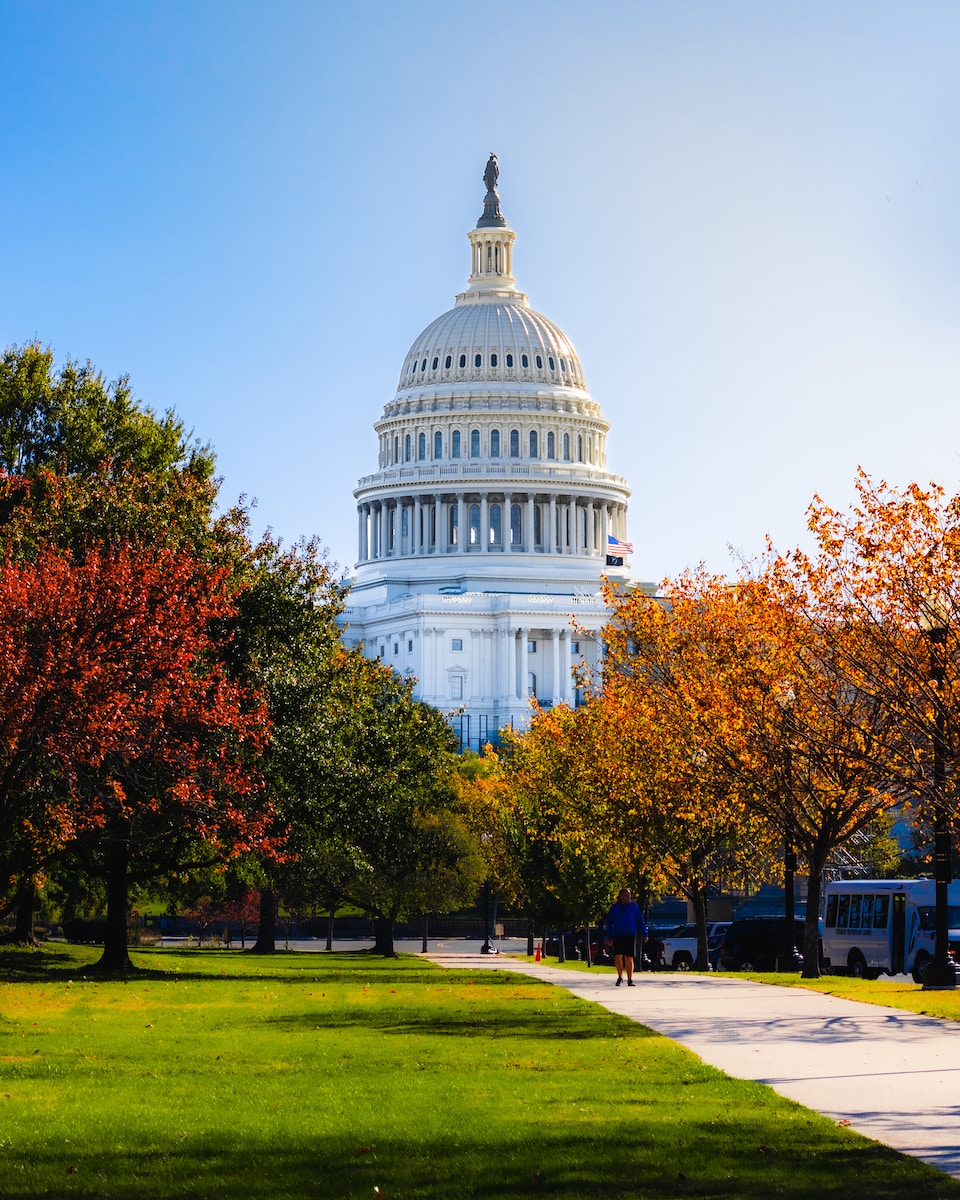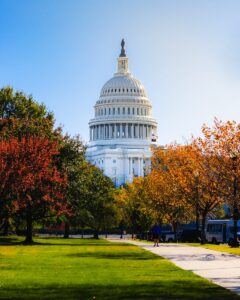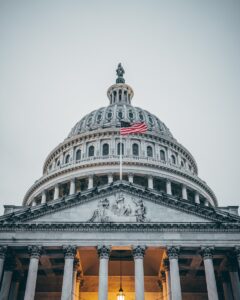Norfolk Southern, a freight railroad company, has announced that it will allocate $6.5 million to help individuals impacted by the toxic chemical spill caused by the derailment of its train in East Palestine, Ohio, three weeks ago.
However, the company had previously disclosed a plan to buy back its own shares for $7.5 billion to benefit its shareholders.
The company has spent $6.5 billion on share repurchases recently
The company has spent $6.5 billion on share repurchases recently, far surpassing its financial commitment to aid East Palestine, which exceeds $6.4 million. There is no estimation of the total cost of the derailment, including the expenses for cleanup, which the Environmental Protection Agency states will be Norfolk Southern’s obligation.
Liability Insurance
During an investor conference call, the company revealed that it has liability insurance worth up to $1.1 billion to compensate third parties for their losses, in addition to insurance coverage of approximately $200 million to cover damage to its own property, such as tracks or equipment.
Norfolk Southern’s Lobbying Spending and Lobbying Activities
Since 1999, Norfolk Southern has expended over $100 million on the task of lobbying by availing themselves of the services of 38 distinct lobbying firms to represent its interests before an assortment of government agencies such as the EPA, Congress, and the Federal Railroad Administration. They have published more than 30 lobbying contracts which specifically mentioned the Environmental Protection Agency, and they have lobbied on several specific issues, such as:
- Addressing matters pertaining to the North American Free Trade Agreement (NAFTA) and additional trade agreements.
- Monitoring developments regarding the “Clean Power Plan” and greenhouse gas emissions, as they relate to both existing and new power plants, as well as other coal-related issues.
- Monitoring the discussions involving the Renewable Fuel Standard and Point of Obligation changes at the Environmental Protection Agency.
- Monitoring the activity of H.R.2997, the 21st Century AIRR Act, and language pertaining to Sec. 2110 of PL 114-190 (the FAA Extension, Safety, and Security Act of 2016), with particular attention to provisions including structures (towers) between 50 feet and 200 feet in height, such as those necessary to fulfill requirements of 49 CFR 236.1005 (positive train control).
- Monitoring H.R.2930, the Drone Innovation Act of 2017.
- Monitoring S.1272, the Drone Federalism Act of 2017, while also supporting H.R. 721 and S. 407, the Building Rail Access for Customers and the Economy (BRACE) Act.
- Supporting the lowerment of corporate tax rates via corporate tax reform, while also monitoring other provisions, such as bonus depreciation. Monitoring the proceedings of H.R. 1, the Tax Cuts and Jobs Act, and supporting the lowered corporate tax rate included in the legislation. Also supporting S.1451, the Railroad Advancement of Innovation and Leadership with Safety Act or RAILS Act.
- Opposing H.R. 233, the Safe Freight Act, which mandates a minimum size of crews of freight trains. Also monitoring the FRA Train Crew Staffing Rule (FRA-2014-0033). Additionally, monitoring the developments of H.R. 3148, the Railroad Yardmaster Protection Act of 2017.
- Monitoring issues related to balanced economic railroad regulation, including the implementation of S. 808 (114th Congress), the Surface Transportation Board Reauthorization Act of 2015. Opposing S.1233, the Rail Shipper Fairness Act of 2017. Monitoring STB proceedings, including those regarding revenue adequacy (EP722), forced access (EP711), and commodity exemptions (EP704).
- Monitoring legislation related to executive regulations while supporting measures to address regulatory overreach, such as H.R. 26, the Regulations From the Executive in Need of Scrutiny Act of 2017.
- Monitoring H.R.3116, the MOTION (Moving Obstructed Trains In-between Openings Now) Act.
- Monitoring H.R.3769, the Freight Infrastructure Reinvestment Act of 2017. Opposing any efforts to increase truck weight limits.

